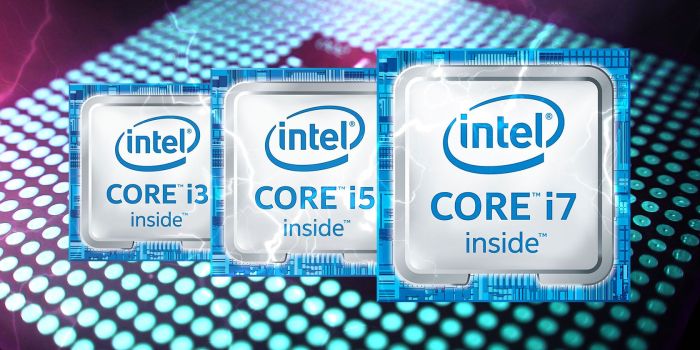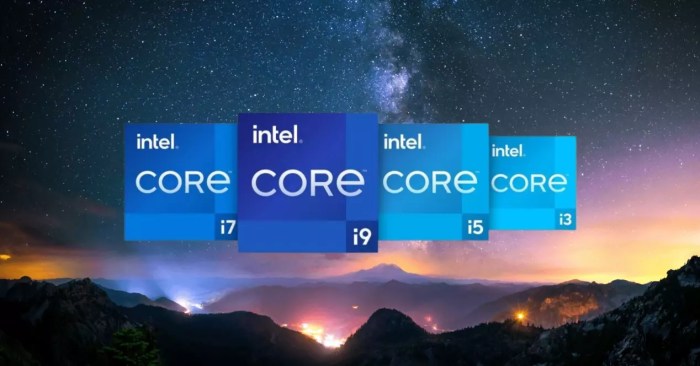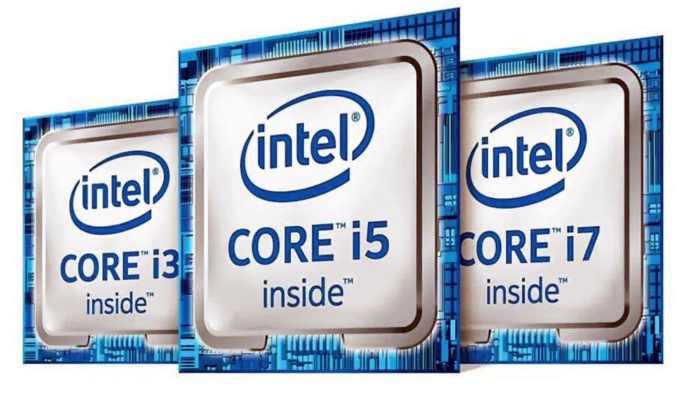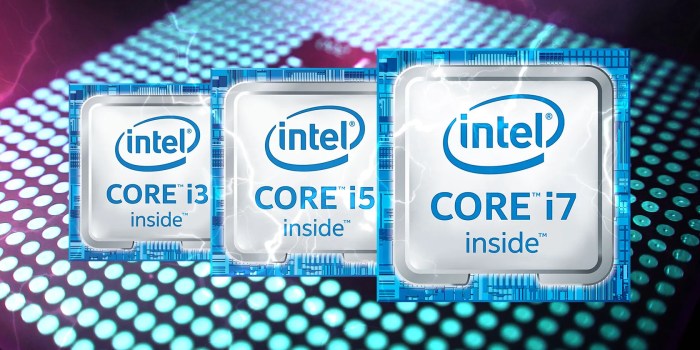Which of the following intel processor families use lga1150 socket – Which of the following Intel processor families use the LGA1150 socket? This question opens up a fascinating realm of technological exploration, where we delve into the intricacies of processor compatibility and socket specifications. Join us as we unravel the mysteries of the LGA1150 socket and its compatible Intel processor families, embarking on a journey of discovery and illumination.
The LGA1150 socket, introduced in 2013, has played a pivotal role in the evolution of Intel’s processor landscape. Its unique design and capabilities have made it a popular choice for various computing applications. In this comprehensive guide, we will explore the technical specifications, compatible processor families, and key considerations associated with the LGA1150 socket.
1. Intel Processor Families Compatible with LGA1150 Socket

The LGA1150 socket is a type of processor socket used by Intel for its Haswell and Broadwell processor families. It was introduced in 2013 and has been used in a wide range of desktop and laptop computers. The following table lists the Intel processor families that are compatible with the LGA1150 socket:| Processor Family | Socket Type | Key Features ||—|—|—|| Haswell | LGA1150 | 4th-generation Intel Core processors || Broadwell | LGA1150 | 5th-generation Intel Core processors || Skylake | LGA1151 | 6th-generation Intel Core processors || Kaby Lake | LGA1151 | 7th-generation Intel Core processors || Coffee Lake | LGA1151 | 8th-generation Intel Core processors |
2. LGA1150 Socket Specifications and Features
The LGA1150 socket has a pin count of 1150 and supports both DDR3 and DDR4 memory. It also supports Intel’s Turbo Boost technology, which allows the processor to overclock itself when needed. The LGA1150 socket is compatible with a wide range of motherboards, including those from Asus, Gigabyte, MSI, and ASRock.Advantages
of using the LGA1150 socket include:*
-*High performance
The LGA1150 socket supports Intel’s latest processor families, which offer high performance for gaming, video editing, and other demanding tasks.
-
-*Wide compatibility
The LGA1150 socket is compatible with a wide range of motherboards, making it easy to find a motherboard that meets your needs.
-*Easy to install
The LGA1150 socket is easy to install, making it a good choice for beginners.
Limitations of using the LGA1150 socket include:*
-*Not compatible with older processors
The LGA1150 socket is not compatible with older Intel processor families, such as the Sandy Bridge and Ivy Bridge families.
-*Can be expensive
LGA1150 motherboards can be expensive, especially those that support high-end processors.
3. Comparison of LGA1150-Compatible Intel Processors

The following table compares the performance and capabilities of different Intel processor families that use the LGA1150 socket:| Processor Family | Core Count | Clock Speed | Cache Size | Integrated Graphics ||—|—|—|—|—|| Haswell | 2-4 | 2.7-3.9 GHz | 6-8 MB | Intel HD Graphics 4600 || Broadwell | 2-4 | 2.1-3.3
GHz | 4-6 MB | Intel HD Graphics 5500 || Skylake | 2-4 | 2.6-3.9 GHz | 6-8 MB | Intel HD Graphics 530 || Kaby Lake | 2-4 | 2.8-3.9 GHz | 6-8 MB | Intel HD Graphics 630 || Coffee Lake | 4-6 | 3.0-4.3
GHz | 9-12 MB | Intel UHD Graphics 630 |As you can see, the newer processor families offer higher performance, clock speeds, and cache sizes. They also have better integrated graphics, which can be useful for gaming and other graphics-intensive tasks.
4. Motherboard Compatibility with LGA1150 Processors

The LGA1150 socket is compatible with a wide range of motherboards, including those from Asus, Gigabyte, MSI, and ASRock. When choosing a motherboard for an LGA1150 processor, it is important to consider the following factors:*
-*Socket type
Make sure that the motherboard supports the LGA1150 socket.
-
-*Chipset
The chipset is the heart of the motherboard and determines which features are supported. Choose a motherboard with a chipset that supports the features you need, such as overclocking, multiple graphics cards, and high-speed memory.
-*Form factor
The form factor of the motherboard determines its size and shape. Choose a motherboard that fits in your computer case.
-*Features
Consider the features that are important to you, such as the number of USB ports, SATA ports, and PCI-Express slots.
5. Troubleshooting LGA1150 Socket Issues: Which Of The Following Intel Processor Families Use Lga1150 Socket

If you are having problems with an LGA1150-compatible processor or motherboard, there are a few things you can try to troubleshoot the issue:*
- *Make sure that the processor is properly installed in the socket. The processor should fit snugly into the socket and the lever should be closed.
- *Make sure that the motherboard is properly powered. The motherboard should be connected to a power supply and the power switch should be turned on.
- *Make sure that the BIOS is up to date. The BIOS is the software that controls the motherboard. An outdated BIOS can cause compatibility problems with new processors.
- *Reset the CMOS. The CMOS is a small chip on the motherboard that stores the BIOS settings. Resetting the CMOS can clear any corrupted settings that may be causing problems.
If you are still having problems, you may need to contact the manufacturer of your processor or motherboard for further assistance.
Essential Questionnaire
What is the LGA1150 socket?
The LGA1150 socket is a zero insertion force (ZIF) socket designed by Intel for its fourth-generation Core processors (Haswell) and select Pentium and Celeron processors.
Which Intel processor families are compatible with the LGA1150 socket?
The following Intel processor families are compatible with the LGA1150 socket: Haswell, Broadwell, Haswell Refresh, and Devil’s Canyon.
What are the advantages of using the LGA1150 socket?
The LGA1150 socket offers several advantages, including support for DDR3 and DDR4 memory, integrated graphics, and overclocking capabilities.
What are the limitations of using the LGA1150 socket?
The LGA1150 socket has a limited number of PCIe lanes and does not support Thunderbolt 3.